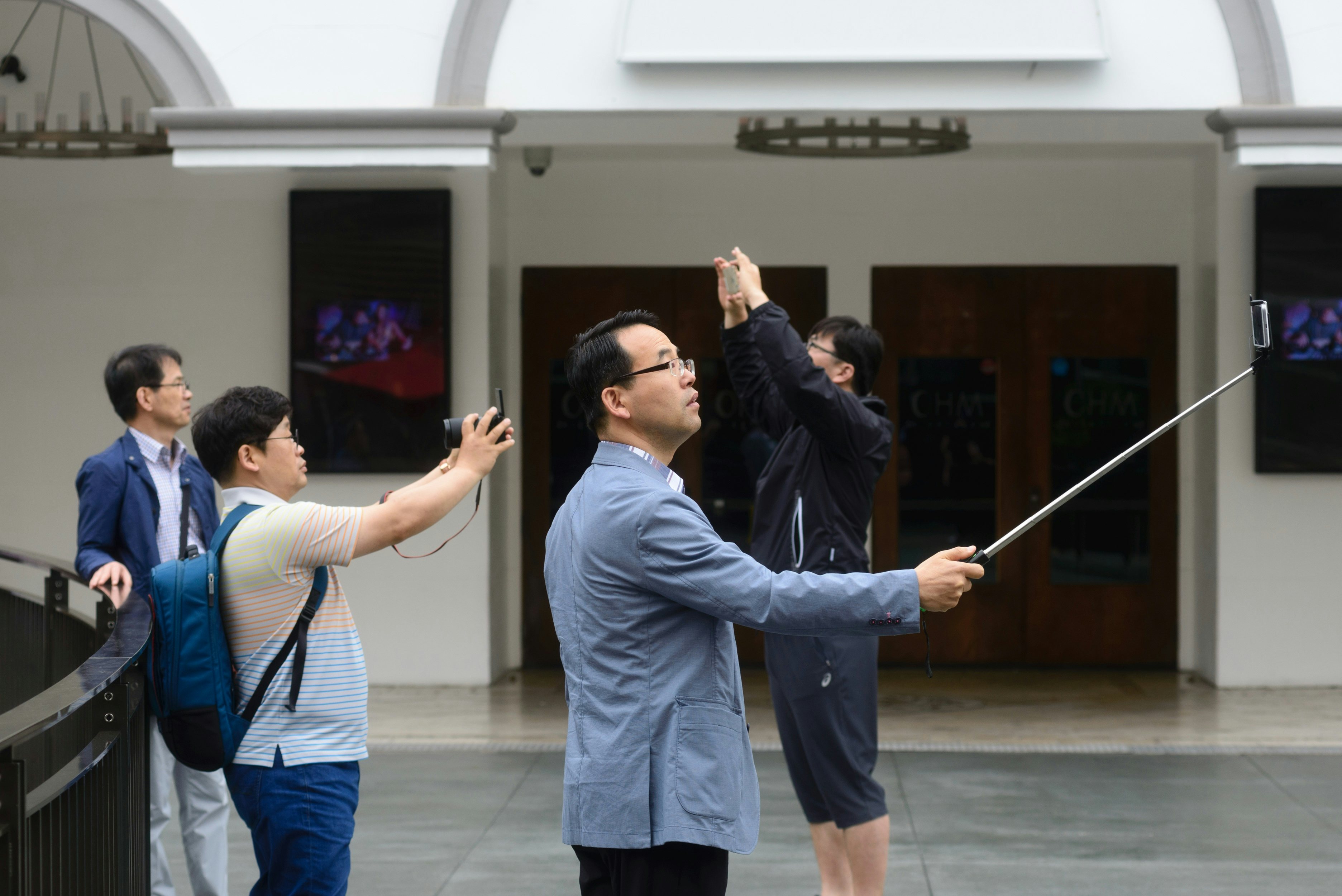WeChat and Weibo no doubt top the priority lists of most brands when it comes to digital marketing in China, but these popular social media platforms aren't exhaustive in the world of Chinese apps, especially when it comes to visual branding. Michael Kors knew this when it collaborated with In, a photo-sharing app that lets its users decorate their pictures with stickers, and other big-name luxury brands have benefited from the photo-tagging capabilities of apps like Nice. Of course, the West's major photo-sharing social network, Instagram, has been blocked by China's Great Firewall for about a year and a half, and while there are plenty of key Chinese influencers who are still active on the platform, Instagram's Chinese competitors have a much larger user base for international marketers to tap.
Below are ten photo-sharing apps that are steadily being fueled by China's selfie and live-streaming loving culture. Most can be used in tandem with WeChat and Weibo, so adopting them as part of a marketing strategy can offer another layer of benefit aside from the increasingly saturated WeChat moments. It's worth noting that most of these apps have a predominantly female membership.
Nice#
This photo-sharing app with 30 million registered users and 12 million active users as of late last year has attracted brands including Ray-Ban, Audi, Kate Spade, I.T., and Alexander Wang because of its photo-tagging function, which allows fashion-forward users to tag what they're wearing and share their photos among its vast social media network. Brands also use the app to run campaigns with lucky draws and discount rewards. With this retail-friendly perk, it's no wonder the company set up a vending machine in the basement of Sanlitun's Taikoo Li shopping mall (Taikoo Li also has a branded account on the platform), which explains step by step how to use it and offers a QR code for downloading it. The company is focused on expanding on Nice's usability as a social media platform, recently adding the Tinder-like swipe feature, the message delivery button that's also seen on Instagram, and large profile photos. It also allows users to search for photos using geographical locations and trending topics.
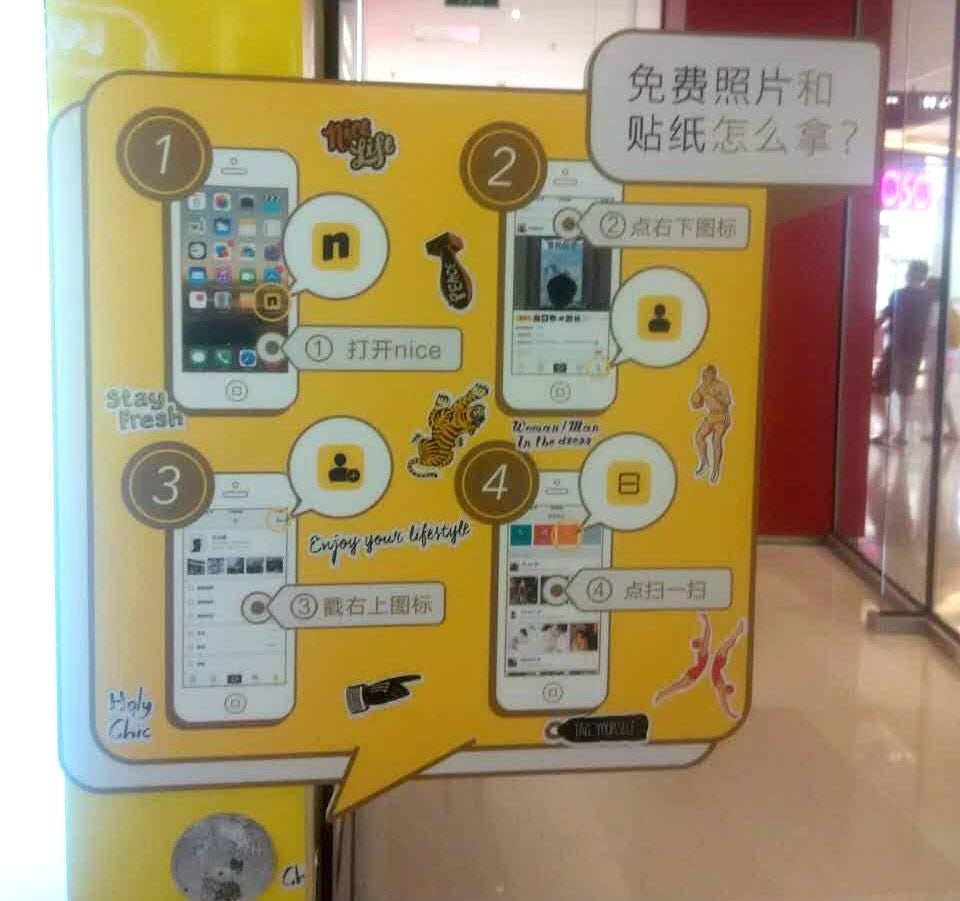
Show#
Another app similar to Nice that launched in 2014 is Show, which seems closer to Pinterest than Instagram, letting users show off their lifestyle interests using a pinboard. Users can label and tag photos, GIFs and videos they upload. Show puts an emphasis on creating a profile made up of fashion, accessories, gadgets, food, beauty, and more. Followers can then search for their favorite brands using the tag feature. The app, which launched its latest version in May, is part of an integrated network of youth-focused, trendsetter lifestyle apps, an e-commerce platform, and magazines under the media brand Yoho, which was founded in 2005.
In#
Often called Nice's rival, In was founded in 2014 in Hangzhou and boasts 70 million registered users and had more than 7 million photo uploads per day as of March. Michael Kors teamed up with the app earlier this year by releasing a set of monkey-themed travel stickers for its Spring Festival tourism campaign. The main draw of the photo-driven social platform is its 17,000 stickers and a function that lets users create just about anything into their own “DIY” sticker.
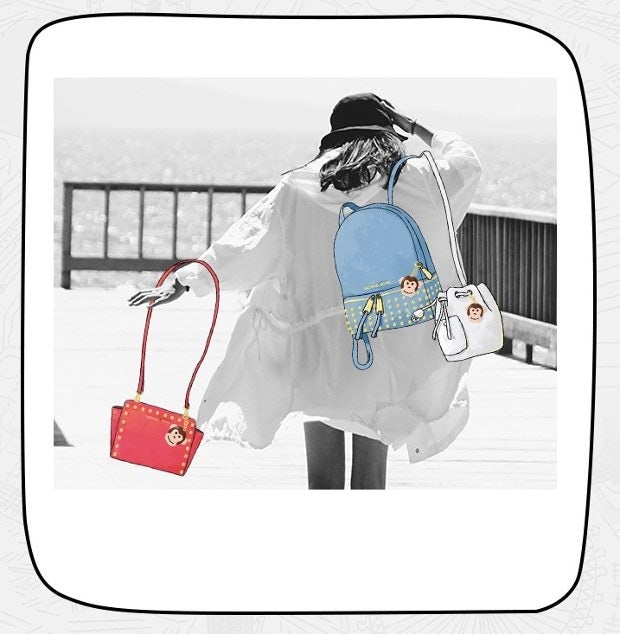
Yi#
China's answer to Periscope, Yi is a new app by Sina that is beginning to capture China's live-streaming craze. They're currently collaborating with Maserati, giving users the chance to win a car if they participate in a live-stream contest. The app allows users to send and receive virtual gifts, discuss videos via a microblogging function, and use location tagging, and already has been adopted by Chinese celebrities like Yao Chen and Li Bingbing.
Meitu Pic#
Meitu is made up of a kingdom of tools catering to China's obsession with selfies. The company owns games, video apps, their own smartphones with optimized front-facing cameras, and has plans to open an e-commerce store. But it's Meitu's portfolio of editing apps that get most of the attention as they give users the ability to edit and beautify photos and videos by doing everything from fixing blemishes and achieving that perfect crop, to elongating legs and adding Snapchat-like face filters. Meitu Pic doesn't have the tagging capabilities that lend itself to brand engagement, but with fast-growing global expansion (about 400 million users that produce almost 3.9 billion edited photos per month), and the fact that the company has collaborated with brands and filmmakers with campaigns, it could mean big opportunities for marketers.
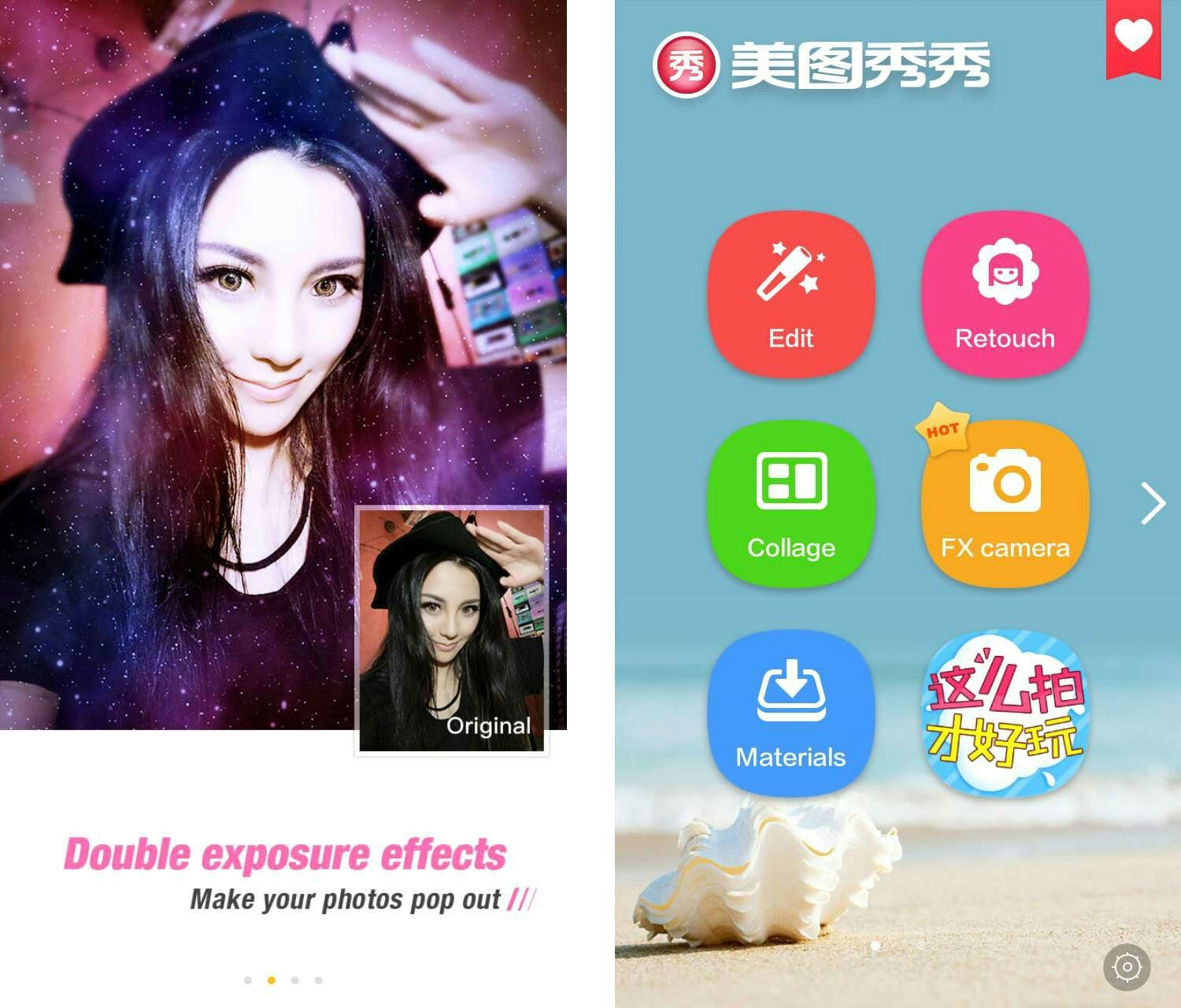
Meipai#
Once called Instagram for video by Facebook’s chief product officer, Meipai is a fast-growing network with 170 million users. The app lets people make 60-second videos, import photos, add effects, and share their creations directly to Weibo and WeChat. It's most well-known as a platform for live-streaming, favored by celebrities like Fan Bingbing and Angelababy, which in turn, has prompted various brands to team up with KOLs on the platform.

Tuding#
This Finland import quickly grew popular with Chinese fans since its launch in 2012, and has attracted luxury brands the likes of Coach thanks to its photo and video tagging features and its integration with WeChat, QQ, Weibo, and other global social media platforms. Aside from filters, Tuding also offers stickers and location tagging.
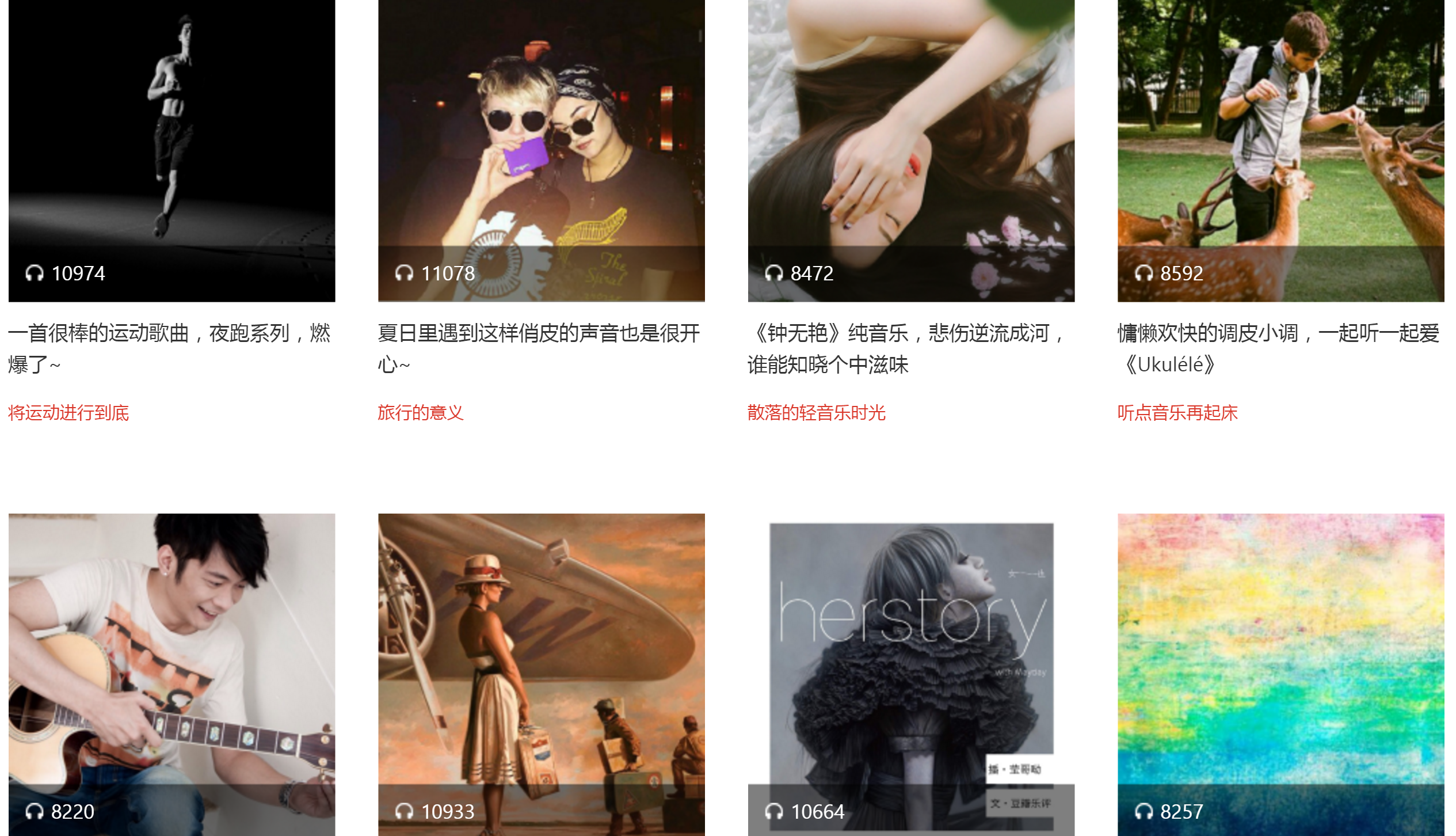
PaPa#
This app is probably the most unique on the list thanks to the fact that it mainly serves to allow users to add sound to their photos. It's been hailed as the “SoundCloud” of China and had 30 million users as of 2014 after two years of service. An extension of the popular voice messaging function on WeChat, this niche app has given brands the likes of Mini and Chinese smartphone maker Oppo the opportunity to interact with followers via podcast-like story telling on their own verified accounts. Mini, for example, did a 25-episode “documentary” about journeying through Tibet, and users can engage with brands and friends by liking posts and sending virtual gifts, a popular perk on Chinese social media. However, now, the app has shifted to having a stronger focus on music, including uploads by fast-fashion brands featuring compilations meant to represent their new collections.
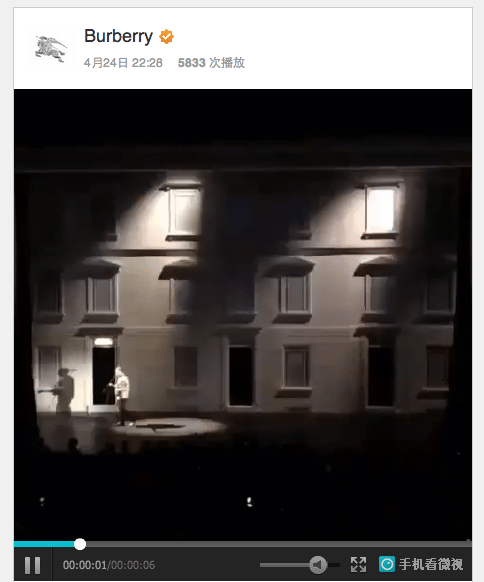
Weishi#
Burberry took to Weishi to promote opening its flagship store in Shanghai via eight-second videos, and Fan Bingbing was an early adopter of the app. This Vine-like Meipai competitor by Tencent (the makers of WeChat) took off in 2013 and eventually gained about 160 million views a day by 2014 and currently has 31.8 million downloads. Weishi allows users to add filters and even background music to videos. Of course, now WeChat allows for short videos called “sights” within its platform, but doesn't offer the option of visual manipulation that is hugely popular with Chinese users.
Camera360#
This photo-editing app claims 500 million users around the globe and offers on top of the usual filters a huge range of options for dressing up photos including “face distortion” stickers and “smart stickers” which have similarities to Snapchat's transformative stickers. While it doesn't have any integrated social network, it allows for easy sharing to other social media accounts and the opportunity for companies lies in creating branded stickers, similar to In.
